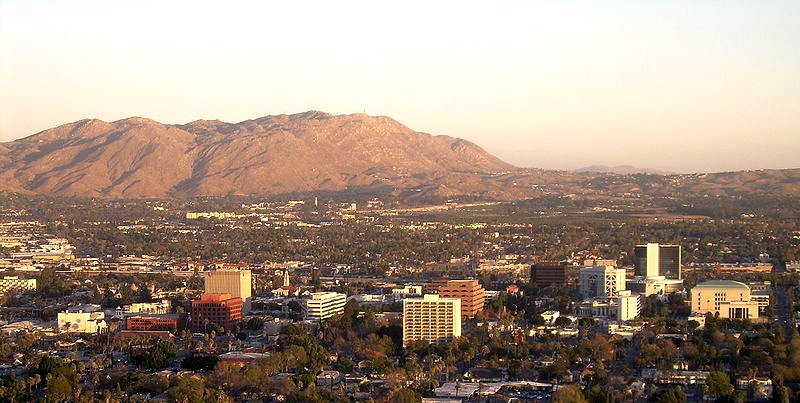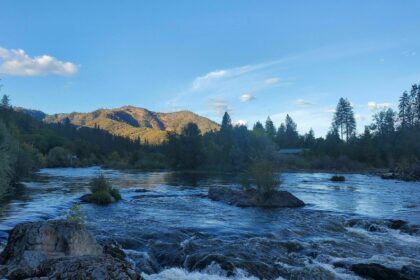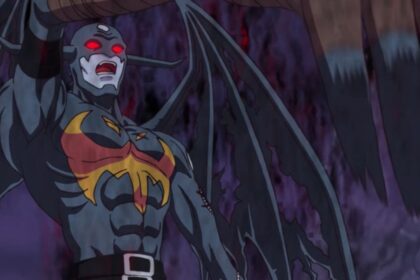Riverside is a city in, and the county seat of, Riverside County, California, United States, located in the Inland Empire metropolitan area. Take a look below for 20 interesting and awesome facts about Riverside, California, United States.
1. It is named for its location beside the Santa Ana River.
2. It is the most populous city in the Inland Empire and in Riverside County, and is located about 50 miles (80 km) southeast of downtown Los Angeles.
3. It is also part of the Greater Los Angeles area. Riverside is the 61st-most populous city in the United States and 12th-most populous city in California.
4. As of the 2020 census, Riverside had a population of 314,998.
5. Along with San Bernardino, Riverside is a principal city in the 13th largest Metropolitan Statistical Area (MSA) in the United States; the Riverside-San Bernardino-Ontario MSA (pop. 4,599,839) ranks in size just below San Francisco (pop. 4,749,0080 and above Detroit (pop. 4,392,041) in population.
6. Riverside was founded in the early 1870s. It is the birthplace of the California citrus industry and home of the Mission Inn, the largest Mission Revival Style building in the United States.
7. It is also home to the Riverside National Cemetery and the Eastern Division of the Federal District Court for the Central District of California.
8. The University of California, Riverside, is located in the northeastern part of the city.
9. The university also hosts the Riverside Sports Complex. Other attractions in Riverside include the Fox Performing Arts Center, Museum of Riverside, which houses exhibits and artifacts of local history, the California Museum of Photography, the California Citrus State Historic Park, Castle Park, and the Parent Washington Navel Orange Tree, the last of the two original navel orange trees in California.
10. In the late 1700s and early 1800s the area was inhabited by Cahuilla and the Serrano people. Californios such as Bernardo Yorba and Juan Bandini established ranches during the first half of the 19th century.
11. In the 1860s, Louis Prevost launched the California Silk Center Association, a short-lived experiment in sericulture. In the wake of its failure, John W. North purchased some of its land and formed the Southern California Colony Association to promote the area’s development. In March 1870, North distributed posters announcing the formation of a colony in California.
12. North, a staunch temperance-minded abolitionist from New York State, had formerly founded Northfield, Minnesota. Riverside was temperance-minded, and Republican. There were four saloons in Riverside when it was founded.
13. The license fees were raised until the saloons moved out of Riverside. Investors from England and Canada transplanted traditions and activities adopted by prosperous citizens. As a result, the first golf course and polo field in southern California were built in Riverside.
14. The first orange trees were planted in 1871, with the citrus industry Riverside is famous for beginning three years later (1874) when Eliza Tibbets received three Brazilian navel orange trees sent to her by a personal friend, William Saunders, a horticulturist at the United States Department of Agriculture in Washington, D.C. The trees came from Bahia, Brazil. The Bahia orange did not thrive in Florida, but its success in southern California was phenomenal.
15. The three trees were planted on the Tibbets’ property. One of them died after it was trampled by a cow during the first year it was planted. After the trampling, the two remaining trees were transplanted to property belonging to Sam McCoy to receive better care than L.C. Tibbets, Eliza’s husband, could provide.
16. Later, the trees were again transplanted, one at the Mission Inn property in 1903 by President Theodore Roosevelt (this tree died in 1922), and the other at the intersection of Magnolia and Arlington avenues. Eliza Tibbets was honored with a stone marker placed with the last tree. That tree still stands to this day inside a protective fence abutting what is now a major intersection.
17. The trees thrived in the southern California climate and the navel orange industry grew rapidly. Many growers purchased bud wood and then grafted the cuttings to root stock. Within a few years, the successful cultivation of many thousands of the newly discovered Brazilian navel orange trees led to a California Gold Rush of a different kind: the establishment of the citrus industry, which is commemorated in the landscapes and exhibits of the California Citrus State Historic Park and the restored packing houses in the downtown’s Marketplace district.
18. By 1882, there were more than half a million citrus trees in California, almost half of which were in Riverside. The development of refrigerated railroad cars and innovative irrigation systems established Riverside as the richest city in the United States (in terms of income per capita) by 1895.
19. As the city grew, a small guest hotel designed in the popular Mission Revival style, known as the Glenwood Tavern, eventually grew to become the Mission Inn, favored by presidents, royalty and movie stars. Inside was housed a special chair made for the sizable President William Howard Taft.
20. The hotel was modeled after the missions built along the California coast by Franciscan friars in the 18th and 19th centuries. (Although Spanish missionaries came as far inland as San Bernardino–San Bernardino de Sena Estancia—east of Riverside, there was no actual Spanish mission in what is now Riverside.) Postcards of lush orange groves, swimming pools and magnificent homes have attracted vacationers and entrepreneurs throughout the years. Many relocated to the warm, dry climate for reasons of health and to escape Eastern winters. Victoria Avenue, with its scattering of elegant turn-of-the-century homes, and citrus-lined paseo, serves as a reminder of European investors who settled here.




